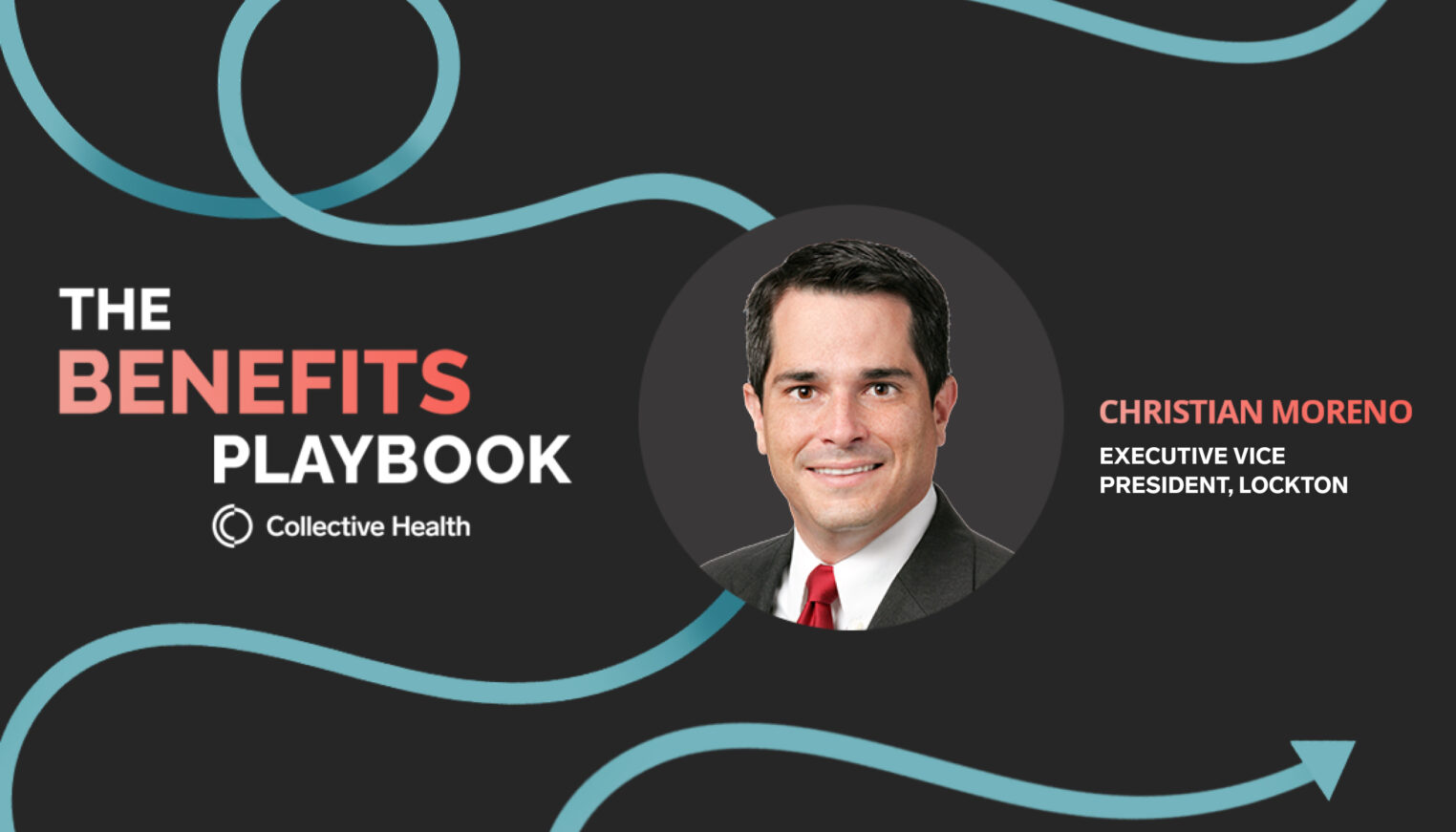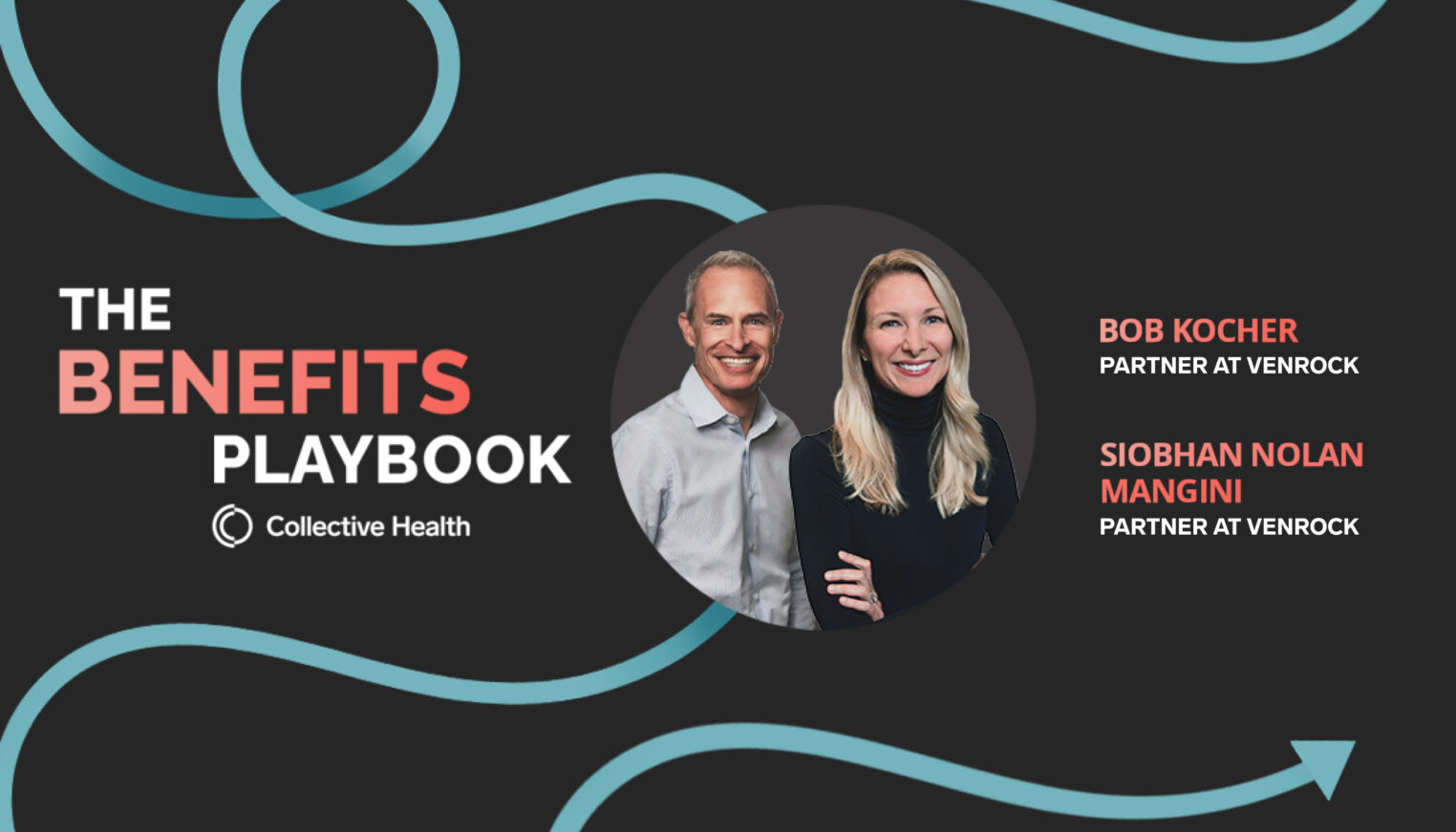“The Breakdown” is a series examining the latest developments in health and wellness, sharing what the research says about some of today’s most pressing issues, what it doesn’t, and where we still have more work to do. At Collective Health, we take a rigorous approach to our research to ensure we’re making informed decisions that improve the health of our members. In “The Breakdown,” we’ll share the insights we’ve learned through that process.
Coming out of the pandemic, we’re seeing a clear focus on strengthening support for mental health and employee wellbeing. However, during the lockdown and ensuing months of uncertainty, the heightened levels of anxiety and depression also correlated with a concerning rise in alcohol and drug use, which comes with the risk for more substance abuse. The American Psychological Association (APA) reported that 1 in 4 Americans increased their drinking to cope with pandemic-related stress, and recent research from Harvard-affiliated Massachusetts General Hospital shows that alcohol consumption changes due to COVID-19 are expected to cause 100 additional deaths and 2,800 additional cases of liver failure by 2023.
As employers prepare their return-to-office strategies, and consider ways they can create safe office environments and smooth transitions, they should account for increased behavioral health challenges and the potential for higher instances of substance use disorders. Substance abuse and addiction in the workplace can negatively impact overall safety, culture, and productivity, and it’s imperative for employers to help guide their employees to the right support and care.
What employers can do
Provide employees with access to holistic behavioral health support.
Employers can ensure their employees have access to robust, holistic behavioral health support programs that not only treat depression and anxiety, but also help with substance use and suicide risk. Addiction services are a major component of behavioral health services and the benefits programs you choose to offer your employees should enable this care for them explicitly.
Prevent fear of stigma by ensuring confidentiality.
When offering your employees access to behavioral health support, you’ll want to make sure you’re respecting their privacy by protecting their information. Employees will likely not want their employers to know that they’re struggling with addiction or substance use disorder. You can ensure your employees’ information is confidential by using a HIPAA-protected, PHI-secure network or program that allows people to access support privately.
Integrate trusted digital health solutions.
You can integrate trusted digital health solutions focused on behavioral health into your benefits programs so your employees can more easily access the support they need. You can learn more about a few of the digital health solutions working to bridge the gap in employee mental health and access to care here and here.
How Collective Health can help
At Collective Health, we can support more complex clinical needs of members, including substance use disorders, through Care Navigation, our comprehensive care management program. The Care Navigation program identifies high-risk and rising-risk members and helps them navigate their medical and psychosocial needs. Our Care Navigation team of Social Workers, Pharmacists, Nurses, and Dietitians can help support and identify members who need help with substance abuse through a holistic health assessment that screens for alcohol and substance use and substance use disorders. We also educate members on the negative effects that alcohol and other substances can have on existing health conditions and how anxiety and stress can lead to increased use of these substances. Our care team can help guide members to solutions such as coping strategies, and also connect them with providers and other community resources.
At Collective Health, we also understand that our members’ trust is essential to their decision to receive our support, and that’s why privacy and security are core to our products and services. Our commitment to privacy comes from a deep respect for our customers and members, and we design our products and services with security and privacy in mind. Learn more about our approach to security and privacy here.
For more information on how employers can support their employees with substance abuse, read our article, How employers should tackle opioid addiction.



